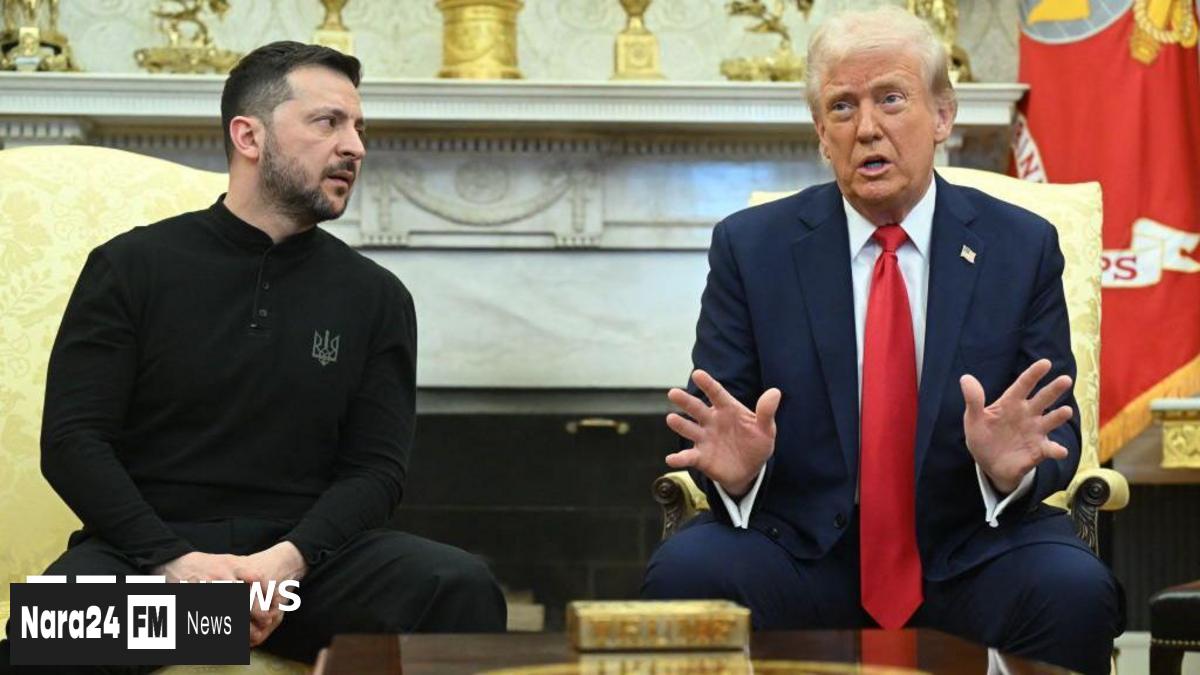In a dramatic escalation of tensions, former President Donald Trump suggested federal authorities might sever lucrative contracts and subsidies benefiting Elon Musk's corporate empire. The public clash erupted after Musk condemned Republican-backed fiscal legislation, triggering a rapid deterioration of their once-close alliance.
Trump articulated his stance via Truth Social, stating: "Billions in budget savings could be achieved by terminating Elon's governmental subsidies and contracts. I'm surprised the Biden administration never pursued this." This thinly veiled threat targets critical revenue streams for Musk's flagship enterprises, SpaceX and Tesla, which have historically relied on substantial federal backing.
"The easiest way to save money in our Budget, Billions and Billions of Dollars, is to terminate Elon’s Governmental Subsidies and Contracts."
— Donald Trump on Truth Social
Analyses indicate Musk's ventures receive approximately $38 billion in combined government support. SpaceX reportedly secures $22 billion through defense and aerospace contracts, while Tesla has benefited from $11.4 billion in regulatory credits designed to promote electric vehicle adoption. Industry observers note these figures may underrepresent total subsidies, as certain SpaceX agreements remain classified due to national security considerations.
The financial markets reacted swiftly to Trump's statements. Tesla shares, already down 8% amid earlier disputes, plunged an additional 15% following the announcement. As SpaceX remains privately held, its valuation impact remains undisclosed but could prove equally significant.
Rapid Relationship Collapse
This confrontation marks a stunning reversal for the influential duo. Musk contributed over $250 million to Trump's recent presidential campaign and maintained advisory roles early in the administration. The rift became public when Musk denounced the Republican spending proposal as a "disgusting abomination" over deficit concerns, prompting Trump to express disappointment during White House remarks.
Musk escalated hostilities through his social media platform X, launching broadsides against Trump and congressional Republicans throughout Thursday. The timing proves particularly precarious for Tesla, which faces declining global sales partially attributed to consumer backlash against Musk's political engagements.
Regulatory Implications
Beyond subsidy losses, Trump's threat revives questions about regulatory pressures facing Musk's enterprises. A congressional report from April indicated $2.37 billion in potential federal liabilities across Musk's companies. Many investigations were paused following the creation of the Department of Government Efficiency, which Musk temporarily led before departing last week to focus on his businesses.
Financial analysts warn that contract terminations could derail SpaceX's NASA partnerships and Starship development, while Tesla might face challenges in scaling battery production without infrastructure subsidies. The situation underscores the vulnerability of private enterprises to political crosswinds, particularly when navigating Washington's complex subsidy landscape.
As both figures command vast influence across technology, transportation, and media sectors, this confrontation threatens to reshape government-industry relations for years to come. Industry watchers anticipate Musk may counter with legal challenges should contractual relationships be altered for overtly political reasons.








Comments (0)
Leave a Comment
Be the first to comment on this article!